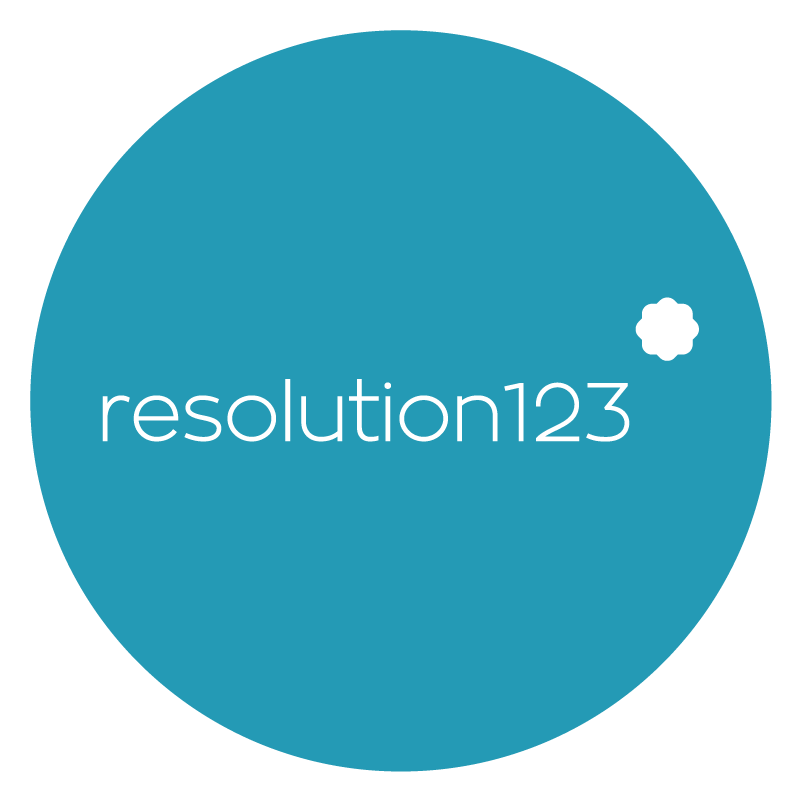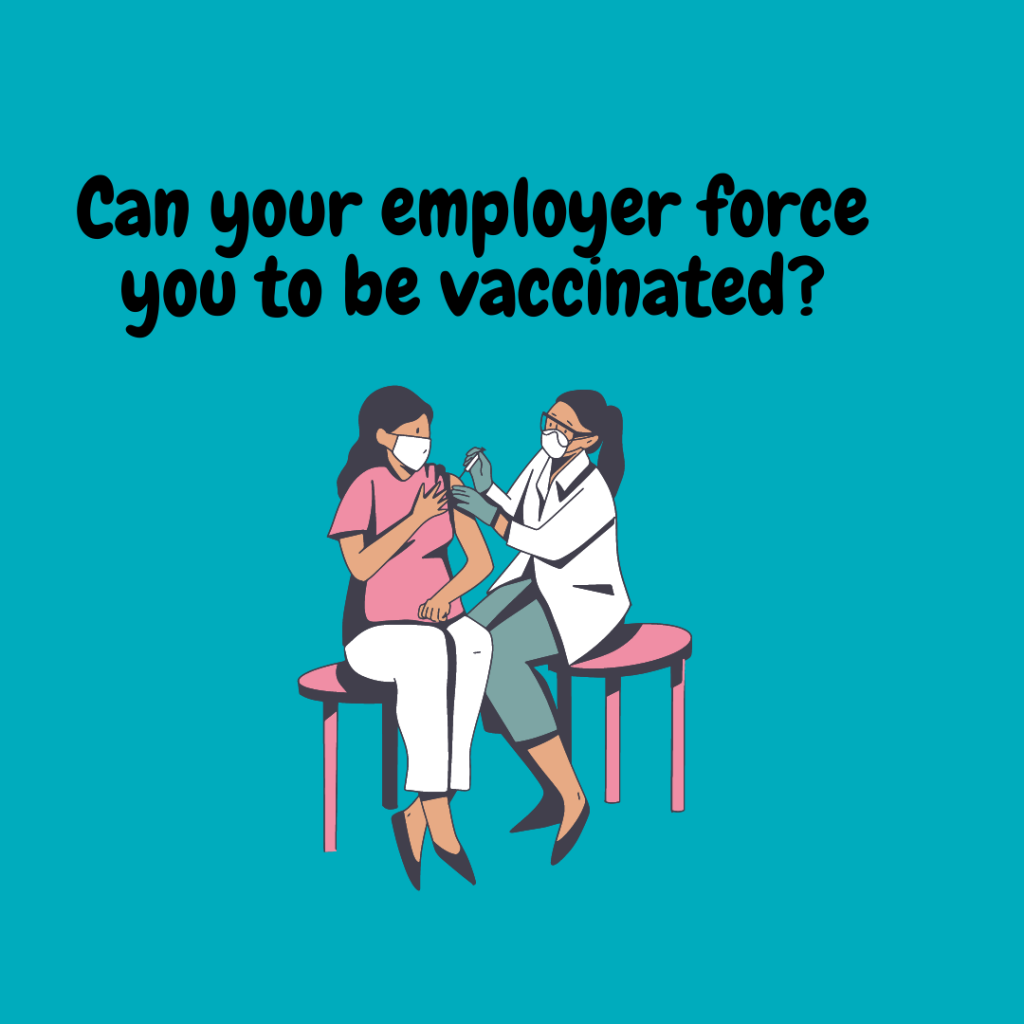
What has changed when it comes to casual employment?
Employees and employers now have clarity on both the legislative and common law fronts, with the enactment of new casual employment provisions and a final decision issued by the High Court in WorkPac.
What does the legislation say?
Under section 15A of the Fair Work Act 2009 (Cth) (FW Act), you are a casual employee if:
- an offer of employment is made by the employer on the basis that they make no firm advance commitment to continuing and indefinite work according to an agreed pattern of work; and
- you accept the offer on that basis, and become an employee as a result of that acceptance.
No firm advance commitment
In determining whether the definition is met, the courts can only take into account the following factors, at the time of the offer:
- whether the employer can elect to offer you work;
- whether you can elect to accept or reject work;
- whether you will work as required, according to the needs of the employer;
- whether the employment is described as casual employment;
- whether you will be entitled to a casual loading or a specific rate of pay for casual employees.
A regular pattern of hours does not necessarily indicate a firm advance commitment to continuing and indefinite work. To further clarify, the definition in the FW Act now makes clear that the status should be “assessed on the basis of the offer of employment and the acceptance of that offer, not on the basis of any subsequent conduct of either party”. This is a fundamental change from the previous common law position which effectively considered the totality of the employment relationship.
You will remain a casual employee until either your employment is converted to permanent employment or you accept another type of employment with your employer, and then work with them on that basis.
Does my employer have to convert my employment from casual to permanent?
If your employer has 15 or more employees then they have certain obligations to offer casual conversion. To be eligible to be offered casual conversion you must:
- have been employed for 12 months; and
- for at least the last 6 months you’ve worked a regular pattern of hours on an ongoing basis; and
- based on the hours worked during that period you could continue as a permanent employee without a significant change.
Your employer doesn’t have to offer you casual conversion if there are reasonable grounds for them not to, or you are not eligible (as above). Reasonable grounds for deciding not to make an offer can include that, in the next 12 months:
- the employee’s position won’t exist
- the employee’s hours of work will significantly reduce
- the employee’s days or times of work will significantly change, and that can’t be accommodated within the employee’s available days or times for work.
- Making the offer would not comply with the recruitment or selection process required by law
- The employer would have to make a significant adjustment to the employee’s hours for them to be employed as a permanent employee, e.g. you work 6 hours per week and the award requires permanent employees to work a minimum of 12 hours per week.
If you commenced casual employment before 27 March 2021 your employer needs to notify you as to whether they will be offering casual conversion, or if not notify you of the reasons (i.e. you are not eligible or they are not able to provide an offer due to reasonable grounds). This notice must be provided to you within 21 days of making their assessment, but before 27 September 2021. If you were employed as a casual employee on or after 27 March 2021, your employer must notify you of the same, within 21 days of the 12-month anniversary of your start date.
In either case if you are offered casual conversion, you have 21 days to respond to the offer, if you provide no response your employment will not be converted to permanent employment.
Small business employers are not obliged to offer casual conversion.
Can I request casual conversion?
Yes. To make a request for casual conversion under the FW Act, you need to meet the same eligibility requirements above, your employer can deny your request on reasonable grounds. Small business employers are not obliged to offer casual conversion. The request must be in writing and the employer must respond in writing within 21 days.
If your employment is covered by a modern award or enterprise agreement and includes a casual conversion clause, the National Employment Standards will prevail until the industrial instrument has been reviewed and updated in line with the new provisions.
What if an employee and an employer cannot agree?
If you and your employer cannot agree on the nature of your employment you may be entitled to have the dispute resolved by the Fair Work Commission. That right may be in an award/ agreement or contract of employment or, under the FW Act. Under the FW Act you need to try to resolve the dispute at work, if you can’t, you can apply to the Fair Work Commission for assistance. A member of the Commission may attempt mediation, conciliation, making a recommendation or expressing an opinion. The Commission can only arbitrate (make a binding decision) by agreement.
What is the Casual Employment Information Statement (CEIS)?
All employees must be provided with the Fair Work Information Statement when starting employment. Now, casual employees must also be provided with the CEIS when starting employment, which provides them with information around casual conversion entitlements and what defines casual employment. You can access the CEIS here.
What does setting off casual loading mean?
As a casual employee you should receive either casual loading or a special rate of pay to account for the insecure nature of casual employment, and absence of permanent entitlements. If you were mistakenly categorised as a casual employee, and later seek permanent entitlements, the court may be required to set off the amounts payable by your employer against casual loading already paid to you (section 545A FW Act). This is an attempt to stop what has been described as “double-dipping.”
What does the High Court say?
In WorkPac Pty Ltd v Rossato [2021] HCA 23, the High Court reiterated that a casual employee is an employee who has no “firm advance commitment as to the duration of the employee’s employment or the days (or hours) the employee will work” (as also held in Skene and WorkPac) and equally no commitment is given by the employee.
However, the High Court was critical of the earlier WorkPac and Skene decisions when it came to broadening the scope of what should be taken into consideration when assessing whether someone is a casual employee, particularly considering the totality of the relationship and ongoing conduct of the parties, even when there is a contract of employment in place.
The High Court expressed the preference to revert to the orthodox approach, and noted that “a mere expectation of continuing employment, however reasonable, is not a basis for distinguishing the employment of other employees from that of a casual employee” (WorkPac Pty Ltd v Rossato [2021] HCA 23 at 53).
The High Court also found that “some amorphous, innominate hope or expectation falling short of a binding promise enforceable by the courts is not sufficient to deprive an agreement for casual employment of that character” (WorkPac Pty Ltd v Rossato [2021] HCA 23 at 61), making clear that the terms of offer and acceptance of employment will take precedent over the ongoing conduct of the parties.
In short, the High Court has confirmed the new statutory definition of casual employment.
What should employees do?
If you have previously sought advice from us about the true nature of your employment it will need to be reconsidered against the statutory and common law changes.
You should not assume because you have been working for your employer on a regular basis and have an expectation of ongoing employment, that you are in fact a permanent employee.
Here is a checklist to protect yourself from insecure employment:
- Do not accept an offer of casual employment if you want permanent employment
- If you accept an offer of casual employment, make sure you are being paid correctly, including a casual loading. You can read more about how to check your correct rate of pay in this article
- Record your hours of work
- Mark your anniversary date in the diary and, if you meet the eligibility requirements, request casual conversion
- If you are a current casual employee and you meet the eligibility requirements, your employer should offer you casual conversion by 27 September 2021
- If you and your employer cannot agree on your employment status trigger the dispute resolution process that applies to you.
If you need help determining whether you are a casual or permanent employee or you need assistance resolving a dispute about the nature of your employment you can contact us here.
Want to learn more? Contact us today.






